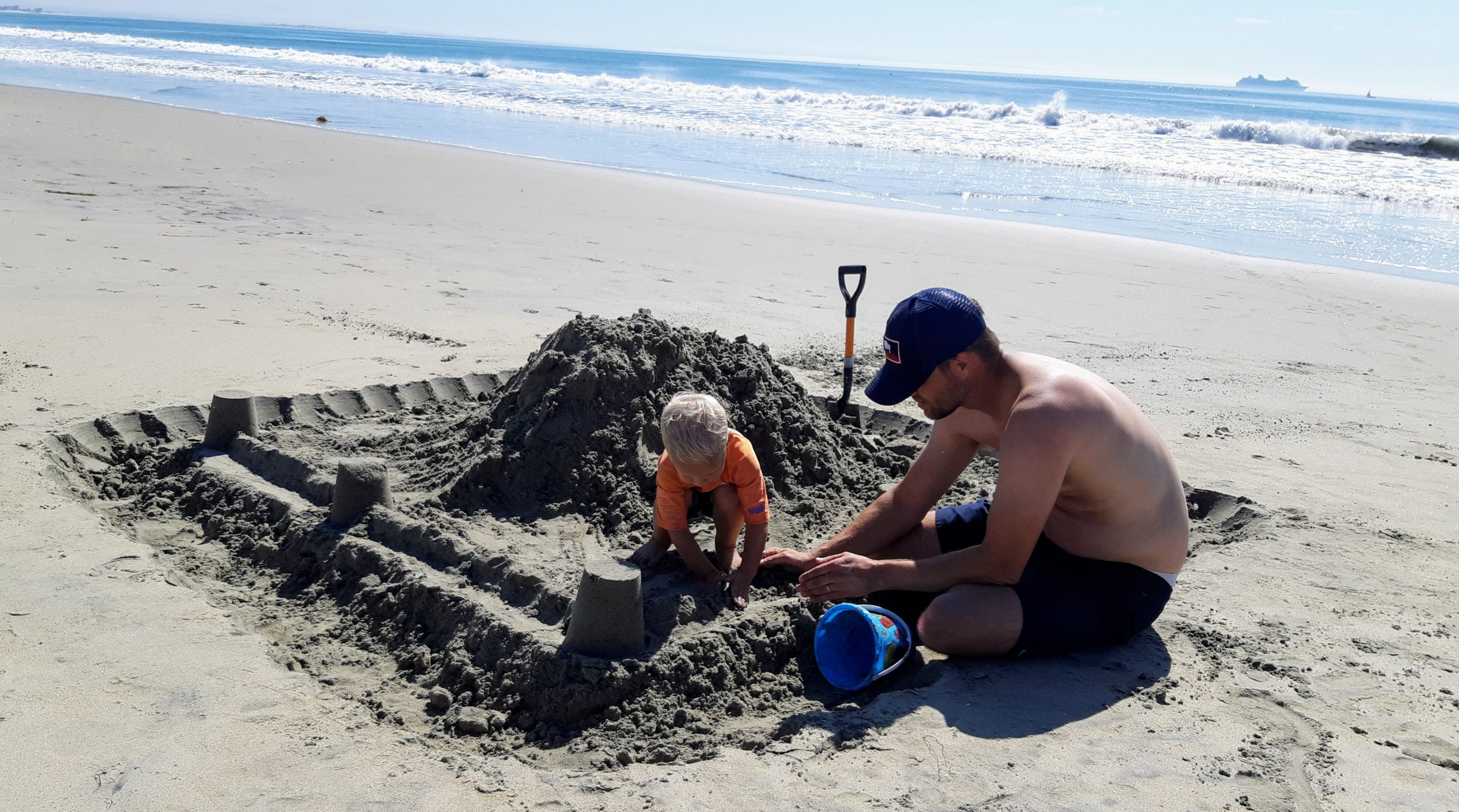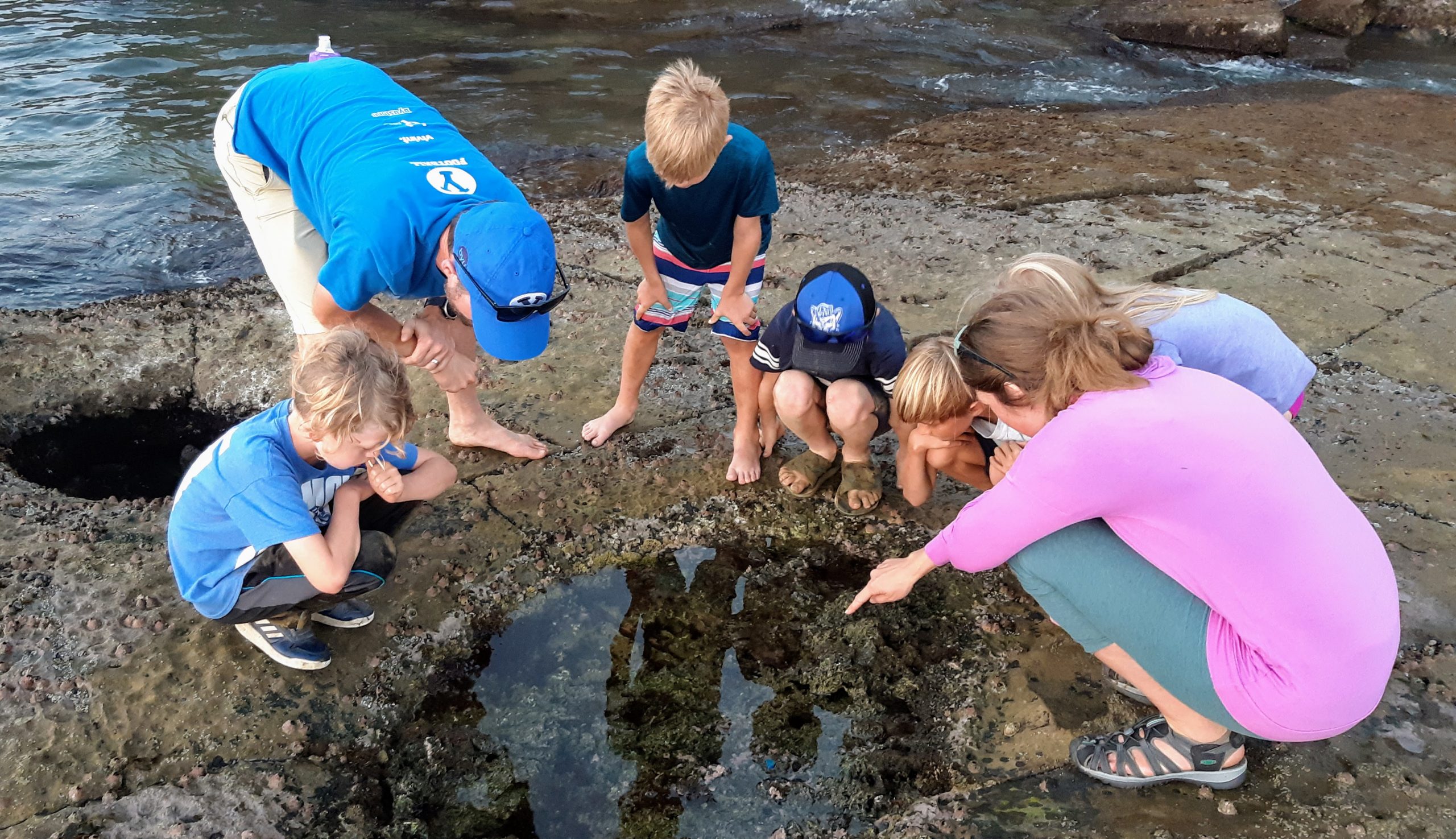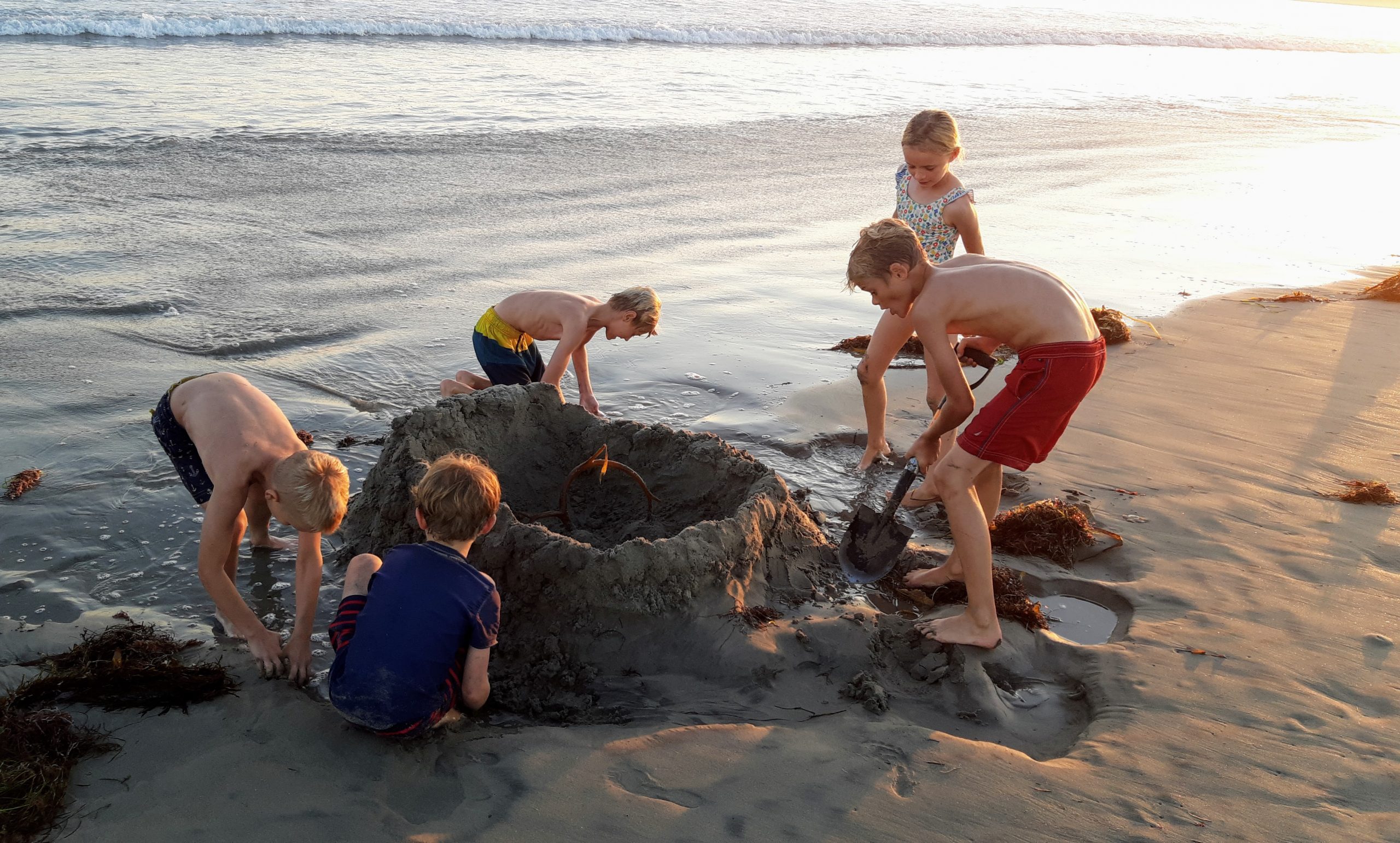
“. . . teach them to long for the endless immensity of the sea.”
“If you want to build a ship, don’t herd people together to collect wood and don’t assign them tasks and work, but rather teach them to long for the endless immensity of the sea.”
Antoine de Saint-Exupéry
Pioneering aviator and author of The Little Prince
This post was written and published as a guest opinion in the Deseret News during my time on the Provo City School Board. The photos were taken in October 2020 on Coronado Island and on Point Loma near San Diego, California.
In today’s world of standardized tests and heightened academic standards, we sometimes neglect the heart and soul of learning: engaging the interests and passion of our students. For this reason, I have mixed feelings about two initiatives recently adopted by State education officials.
The State Board of Education recently increased high school graduation requirements to four years of English and three years each of math and science. Utah also recently joined a national Student Scholar program to provide incentives for students to take four years each of English and math, 3-1/2 years of social studies, three years of science, and two years of a foreign language.
On the positive side, both initiatives seek to prepare our students to enter and complete college. Many more of our students can and should benefit from developing skills and knowledge needed for college and future lives. For certain, they must understand and capably apply core subjects.
The initiatives also properly raise expectations for our students. Goals and standards provide purpose, framework, and confidence that promote learning. We should welcome state and national trends to expect more of our students.
My concerns, however, stem from the specificity of the increased graduation requirements and incentives. While increased expectations provide healthy motivation, they spur greater development if they relate to areas of our interests and if we set them or at least tailor them ourselves.
Furthermore, some students simply quit or drop out, curtailing progress altogether, when goals set by others seem unattainable or don’t match their interests. Should we always require a fourth year of English or math for an uninterested student to the exclusion of a different challenging course that will pique his or her particular interests and inspire greater efforts and development?

Exploring the “endless immensity of the sea” in tide pools at Loma Point.
Thomas Friedman, New York Times columnist and author, penned the bestselling book, The World is Flat, describing the rapid globalization of our economy. He expresses concern for U.S. students’ competency in math and science. However, when asked whether he encourages students to take Chinese and more math and science courses, he answers in effect, “Not necessarily.”
In a commencement address, he states that “the enduring skill” needed in a flat world is “an ability to learn how to learn,” so that we can readily adapt to rapid changes. How does he suggest that students learn how to learn? – By loving to learn.
Specifically, Friedman recommends that students identify the best teachers in their schools and take their classes, whether they teach Greek Mythology or physics. In this way, interest and love for learning are spawned.
We should also not reduce students’ opportunities to take classes that interest them – classes in which a budding interest can blossom. We otherwise miss the opportunity to capitalize on vital curiosity and enthusiasm. Friedman says, “Bringing joy and passion and optimism to your work is not what you get to do when you get to the top. It is HOW you get to the top.”
I have enjoyed interviewing students to learn what experiences most changed their lives for the better. Frequently, they find a passion or a deep interest. For example, one high school underclassman frequently skipped classes and received Ds or worse in most classes. His engagement dramatically improved when a teacher stimulated his interest and competence in a foods class.
He soon discovered potential and interest in other areas, including computers. As an upperclassman, he started a computer business and entered and won first place in computer technology at state and national competitions. He concluded his Senior year with straight As in all his classes. Cooking and computers led to personal development not otherwise obtained.
Last Spring, scheduling problems threatened to prevent a fine history teacher from teaching his favorite class, History of the American West. Junior students gathered a petition to show their interest in registering for the class. This Fall’s class filled early with Seniors, and many students were turned away. The registered students engage themselves in the course, leading to enhanced learning.

Cousins fully-engaged in a spontaneous game with the waves of the sea
Antoine de Saint-Exupéry, the pioneering aviator and author of The Little Prince, powerfully states why interest and passion motivate better than mandates: “If you want to build a ship, don’t herd people together to collect wood and don’t assign them tasks and work, but rather teach them to long for the endless immensity of the sea.”
In learning, when we enjoy the process, we see more progress. Before requiring more courses, we should ensure that we can hire teachers who will build enthusiasm for the subjects. We should permit and encourage tailoring and flexibility in increased requirements. Finally, we must provide more educational funding to recruit quality teachers, reduce class sizes, and promote and inspire individual talents and drive.
When have you seen your children engaged and growing the most?
How do you balance choice and requirements for them?


















0 Comments